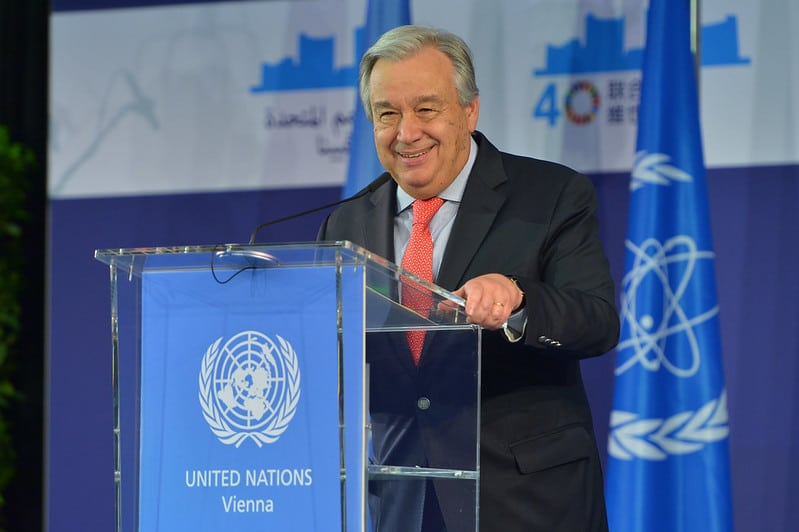The first assessment of countries’ pledges to tackle climate change in the next decade, an important part of the Paris Agreement, has found that the effort “falls far short” of what is necessary to fight climate change.
—
What is Happening?
- To have a chance of meeting the Paris Agreement’s lower limit of 1.5° Celsius of warming by 2100, nations must cut their carbon emissions to 45% below their 2010 level by 2030 and eliminate their impact totally by 2050. However, if all the national pledges submitted so far were fulfilled, global emissions would be reduced by only 1% by 2030.
- The assessment, published by the UN last week, covers countries responsible for only about a third of global emissions. Only 75 of the 197 signatories to the Paris Agreement submitted their updated climate pledges (called NDCs) in time to be assessed.
- Some of the world’s biggest emitters, including China, the US and India, have still to formulate NDCs. The UN has said that without them, the COP26 climate summit in Glasgow this November will fail. In the US, White House National Climate Advisor Gina McCarthy has characterised the upcoming commitment as the country’s “most aggressive” carbon reduction commitment yet, and said that the numbers should be expected before a US-hosted climate summit on April 22. China could publish its NDC as soon as next week, when the government is expected to unveil its next five-year plan.
- Japan submitted its NDC early last year, but since then the country’s new government and regional rivals China and South Korea have committed to net-zero targets, which could prompt a rethink. Australia and Brazil also submitted inadequate NDCs.
- The report found “impressive” progress from the EU, UK, Colombia and Argentina towards stronger goals.
- 58 countries have pledged to be net-zero by 2050, representing half of global emissions.
- The new NDCs show not only slightly higher ambitions on cutting emissions and adaptation, but also attention to building in equality for women and indigenous peoples to their climate commitments. Countries are promising to ensure greater gender equality “as a means of increasing the ambition and effectiveness of their climate action,” the UN authors write.
- A final report will be released by the UN climate secretariat before COP26.
You might also like: Climate Terms: The Difference Between ‘Carbon Neutral’ and ‘Climate Neutral’
The UN secretary general, António Guterres, says, “2021 is a make-or-break year to confront the global climate emergency. Today’s interim report is a red alert for our planet. It shows governments are nowhere close to the level of ambition needed to meet the goals of the Paris agreement. The major emitters must step up with much more ambitious reduction targets for 2030 in their NDCs well before the November conference in Glasgow.”
Featured image by: Flickr

















